The Significance of Israel's Recent Actions in Beirut
- by RNG247 Analysts
- about 7 months ago
- 98 views
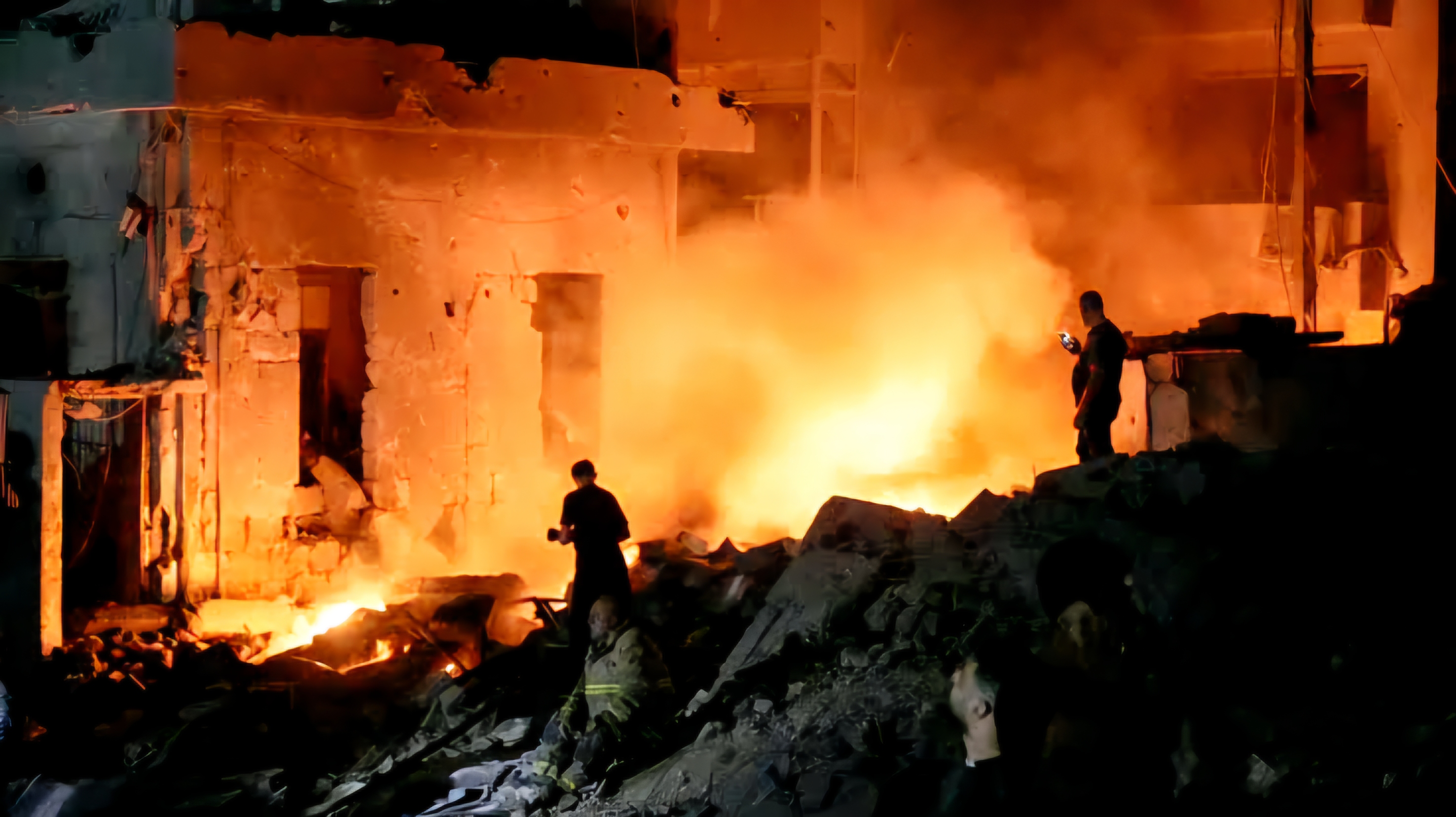
....Israel's Strategic Response in Beirut Highlights Urgent Need for International Intervention
In a significant escalation of tensions in the region, Israel's recent military action in Beirut, the first since the ceasefire, has raised eyebrows and concerns among analysts and political observers. Speaking to Al Jazeera, noted Israeli analyst Yossi Beilin underscored the importance of this response, labeling it “very relevant and consequential.” His remarks signal a pivotal moment as regional powers grapple with the persistent instability fueled by factions like Hezbollah.
Beilin's assertion, “This is the time and place for the Americans and the French to put an end to the current situation,” reflects a broader call for international engagement to stabilize the volatile dynamics at play. His commentary highlights the perceived need for influential global powers to intervene decisively in addressing the ongoing hostilities between Israel and Hezbollah.
The context of Israel's military action stems from accusations against Hezbollah, alleging the group launched rockets into northern Israeli territory—a claim the Lebanese militia vigorously denies. This tit-for-tat narrative has fueled the tensions, with both sides positioning themselves defensively while engaging in a complex game of provocations.
Beilin emphasized that “Hezbollah is not Lebanon,” pointing out the nuanced reality that the militia operates independently of the Lebanese state. This distinction is crucial, as it underlines the challenge of resolving the conflict when a non-state actor wields significant power and influence, complicating Lebanon's political landscape.
Amidst these developments, Lebanon and various international monitors claim that Israel has systematically violated the ceasefire established in November, conducting hundreds of incursions in recent months while maintaining a military presence in southern Lebanon despite an agreed deadline for withdrawal. Such actions exacerbate the already strained relations between the two nations and impede any potential for lasting peace.
In light of this, the international community's role becomes increasingly imperative. The call for a concerted response from the United States and France highlights the urgent necessity for diplomacy to address the underlying issues precipitating hostilities. Without strong international oversight and mediation, the cycle of aggression is likely to continue, with both Israel and Hezbollah entrenched in their respective positions.
As the situation unfolds, it remains to be seen how both regional dynamics and international diplomatic efforts will shape the future course of peace—or conflict—in the region. The complexities surrounding Hezbollah's influence in Lebanon and Israel's strategic interests underscore the necessity for a nuanced and multifaceted approach to ensure stability in a region marred by decades of discord. It is a moment that demands not just reflection, but action from all parties involved.



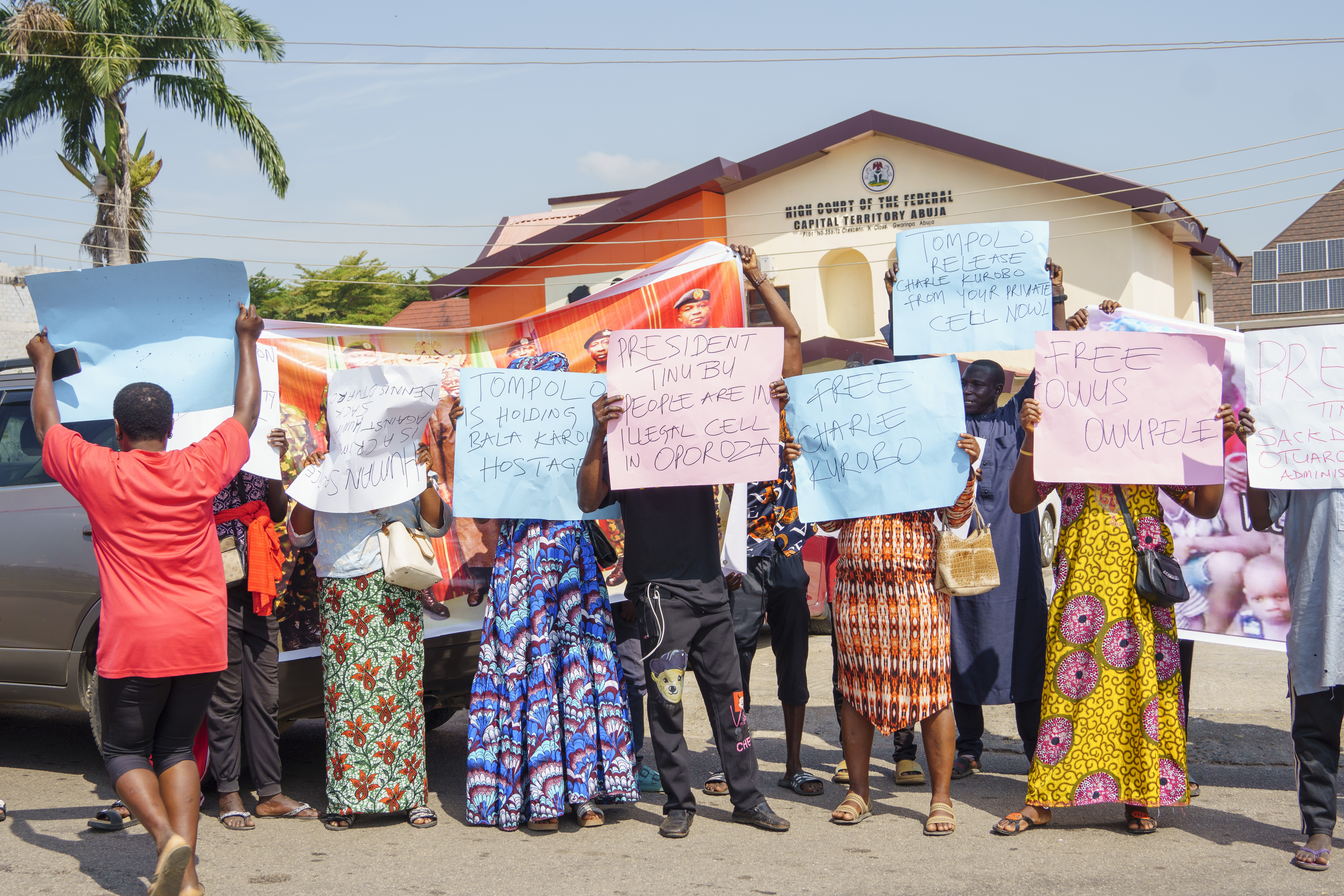
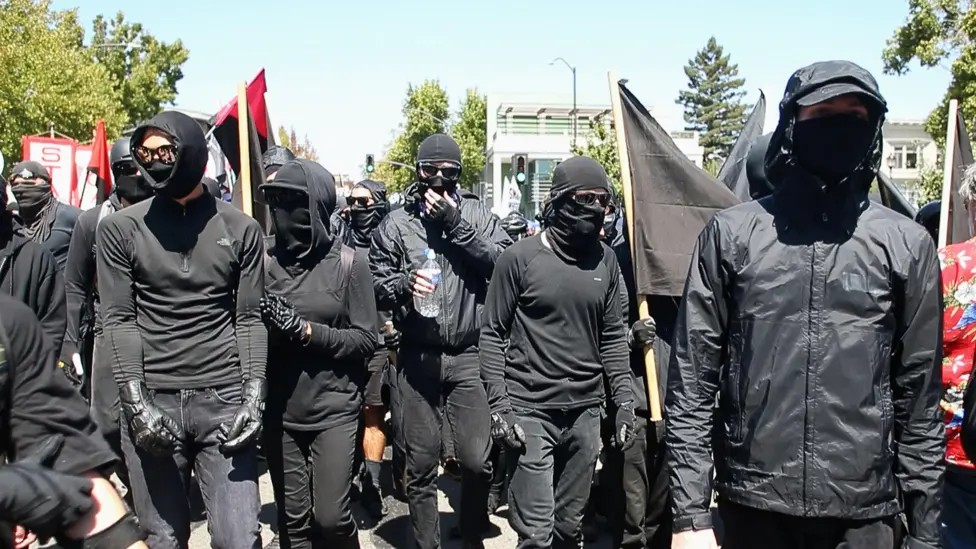


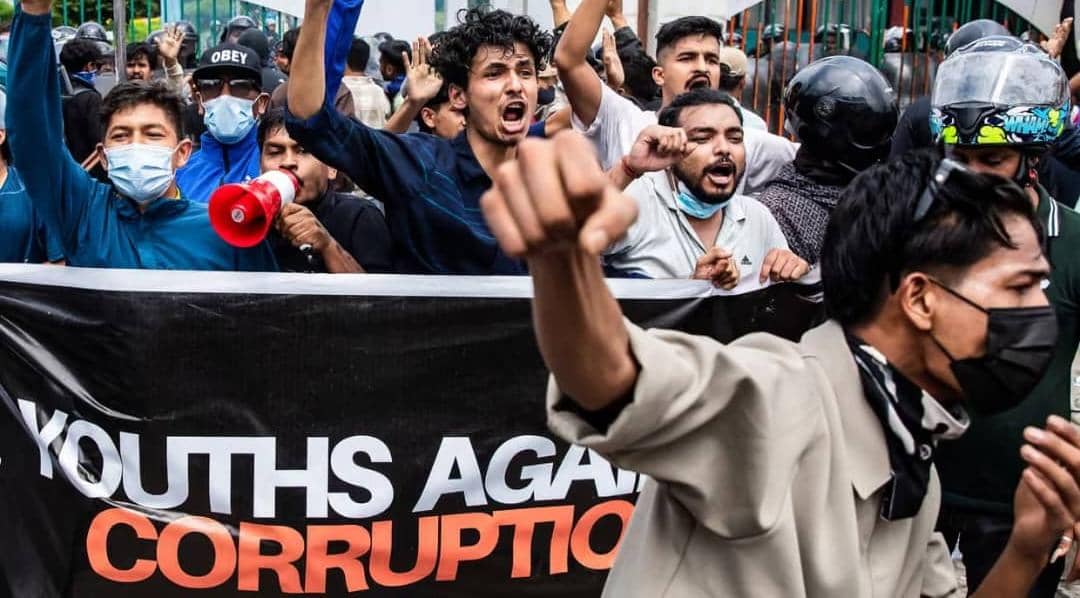
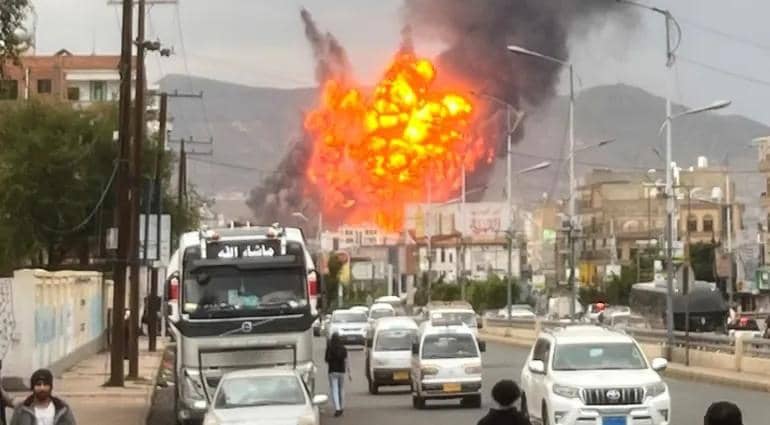
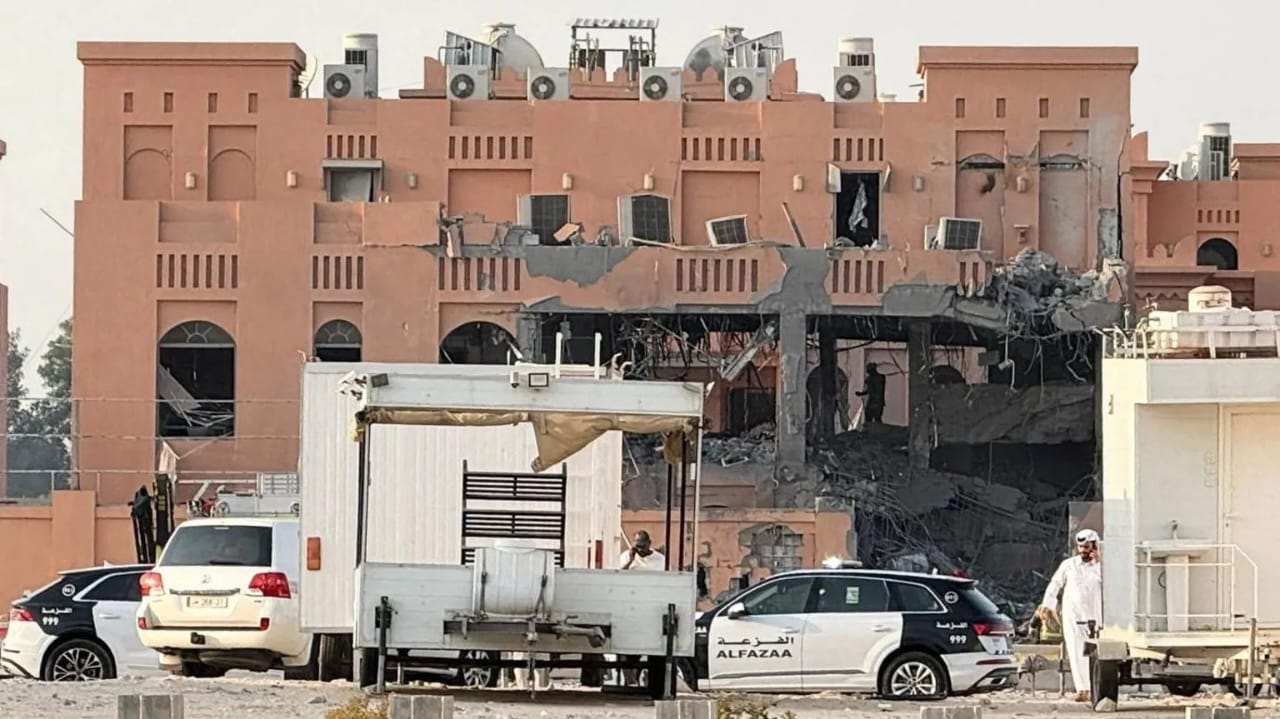
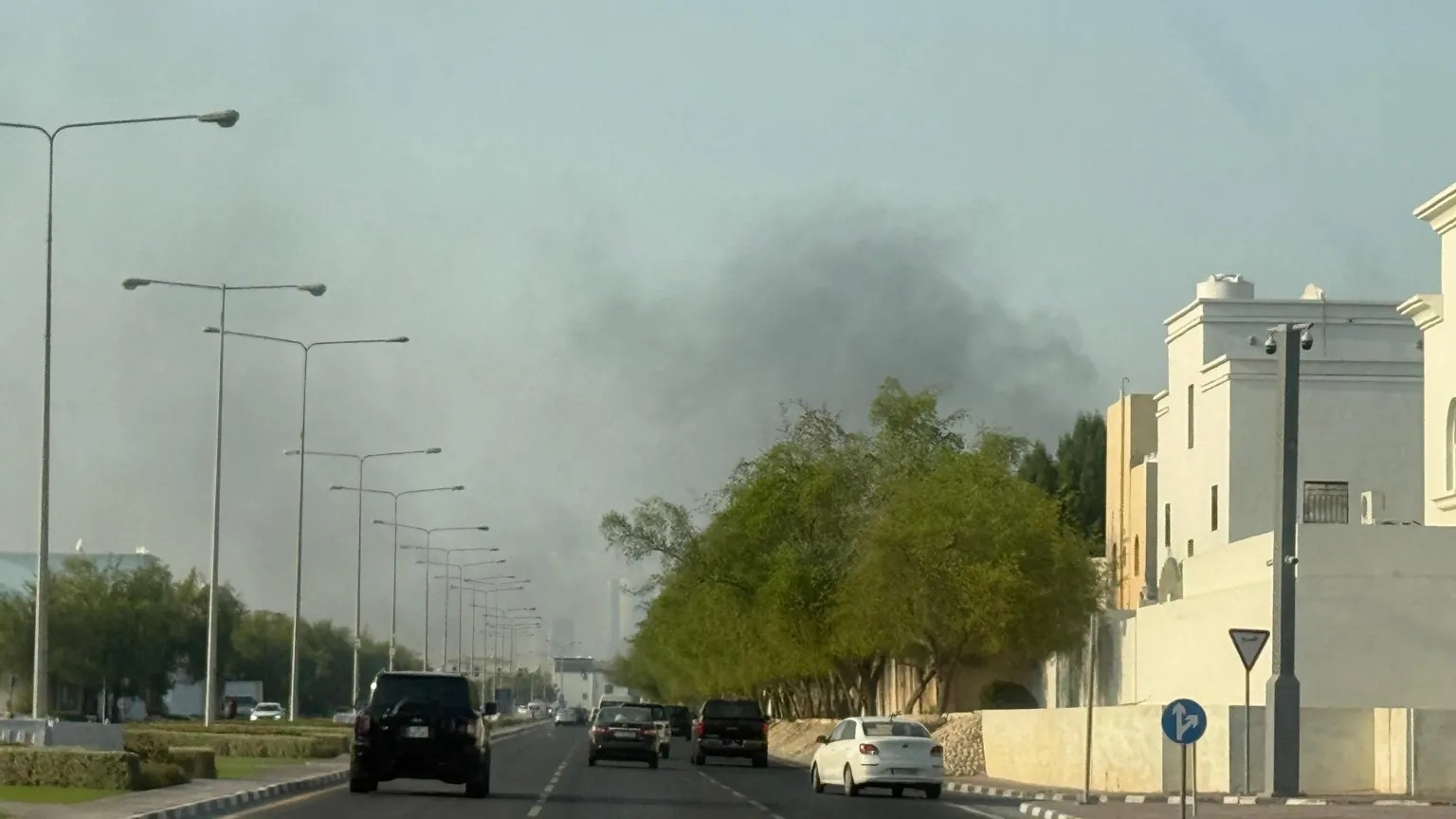

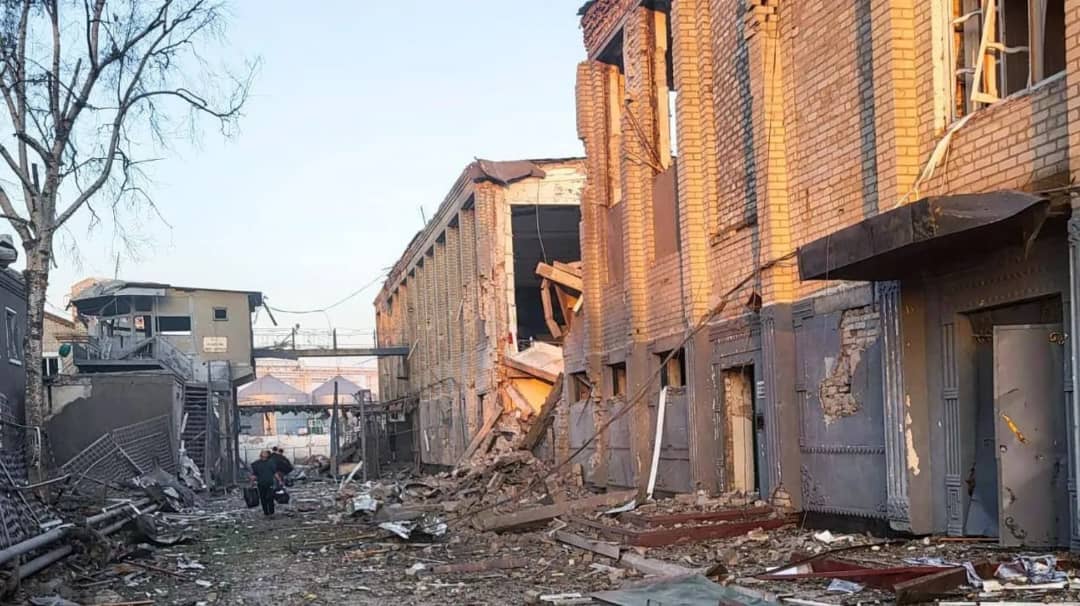
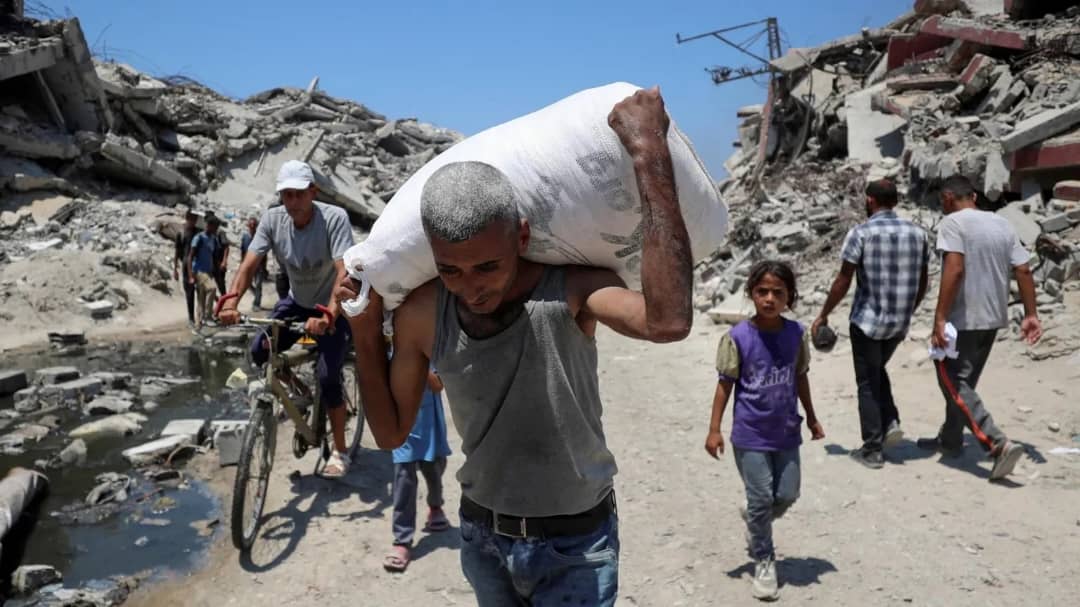
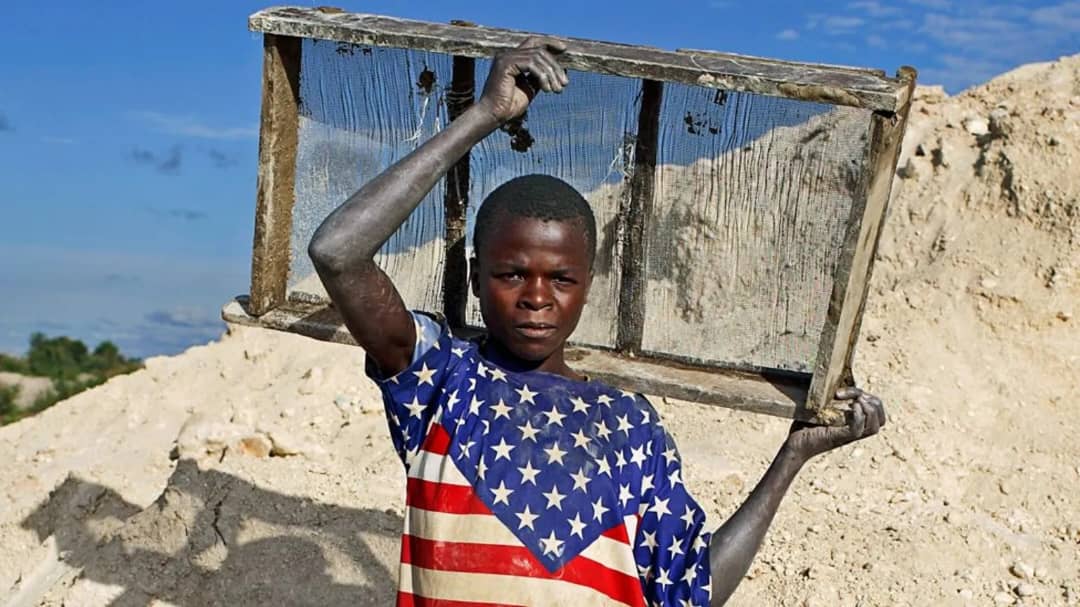

0 Comment(s)